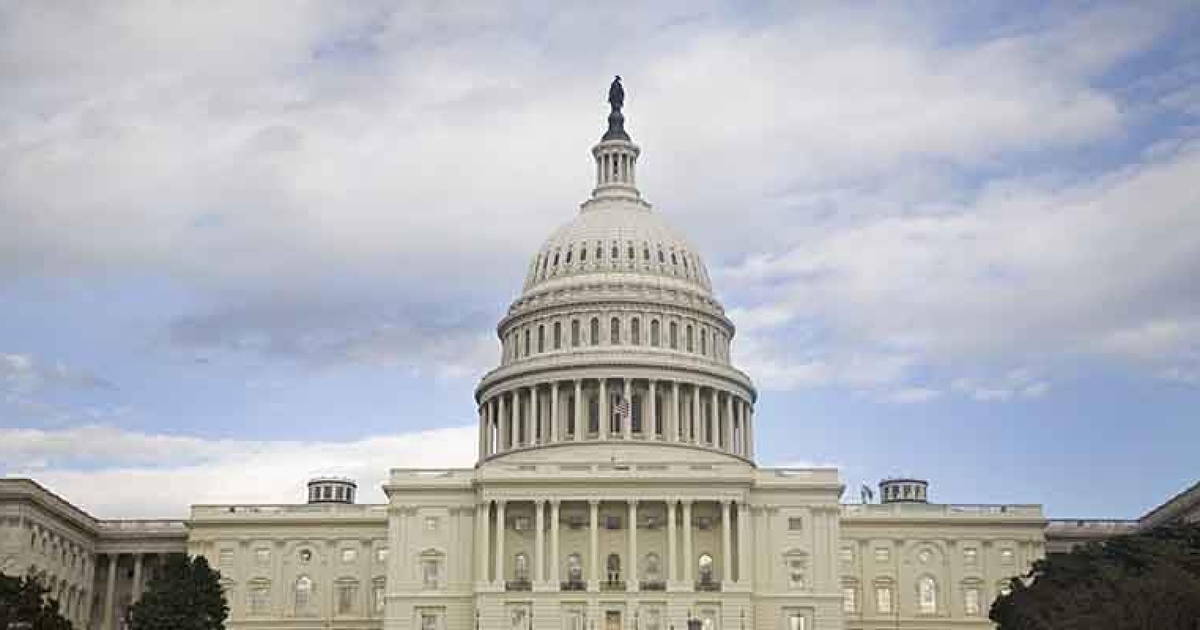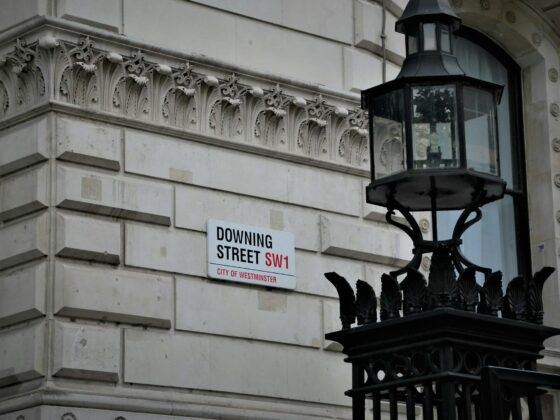
The U.S. Senate narrowly passed its version of President Donald Trump’s One Big Beautiful Bill on Tuesday, which includes such provisions as the elimination of tax on tips for many workers, and an item to make the 20% business income deduction permanent.
With the 51-50 passage of the bill, the legislation now heads back to the U.S. House of Representatives to reconcile both versions before it can be signed into law by Trump.
“This bill includes the most important pro-growth tax policies restaurant operators need to continue to power the national economy,” Sean Kennedy, executive vice president of public affairs for the National Restaurant Association, said in a statement. “The inclusion of permanent policies for 199A qualified business income deduction, full expensing of capital investments, and the return of depreciation and amortization in the calculation of business interest expense will give restaurant operators working capital to invest in their businesses and employees. We are also pleased to see the inclusion of policies like No Tax on Tips and Overtime that will benefit our workforce.”
Here are some of highlights of and differences between both bills, which will affect restaurant operators and the rest of the business community.
No tax on tips
This much-buzzed-about line item would allow tipped workers to deduct tips from taxable income through the end of Trump’s term as president. The Senate bill caps the deduction at $25,000 ($50,000 for married couples) for those making $150,000 or less a year, while the House bill does not cap the tap income deduction and phases out the benefit for people making over $160,000 a year.
“The temporary ‘No Tax on Tips’ provision will force restaurants using popular service-charge models to make costly changes to their businesses this year and again in 2028,” Erika Polmar, executive director of the Independent Restaurant Coalition, said in a statement. “We urge Congress to amend the tax code so all gratuity-based income — tips and service charges — earns the same relief, giving businesses a single, stable set of rules.”
No tax on overtime
The Senate version of this provision allows workers to deduct overtime pay from their taxable income through the end of Trump’s term, capped at $12,500 in deductions. This benefit decreases for those making more than $150,000 a year. The House version offers this benefit for those making less than $160,000 a year.
Business income deduction
The Senate version of provision 199A would make the business income tax deduction permanent and keep it at 20%, while the House version would expand it to 23%.
Paid family and medical leave credit
Both versions of the bill would make a paid family and medical leave credit permanent, allowing the credit for up to 12 weeks of leave annually.
Employer-provided childcare credit
Both versions of this bill would permanently increase the employer-provided childcare credit from 25% to 40% and add a separate amount for small businesses. The ultimate goal would be to encourage businesses to provide childcare benefits for employees.
Expand business interest deduction
In both the Senate and House version of the bill, the government would restore the EBITDA-based calculation of business interest deduction limits, which results in lower effective tax rates for many businesses.








